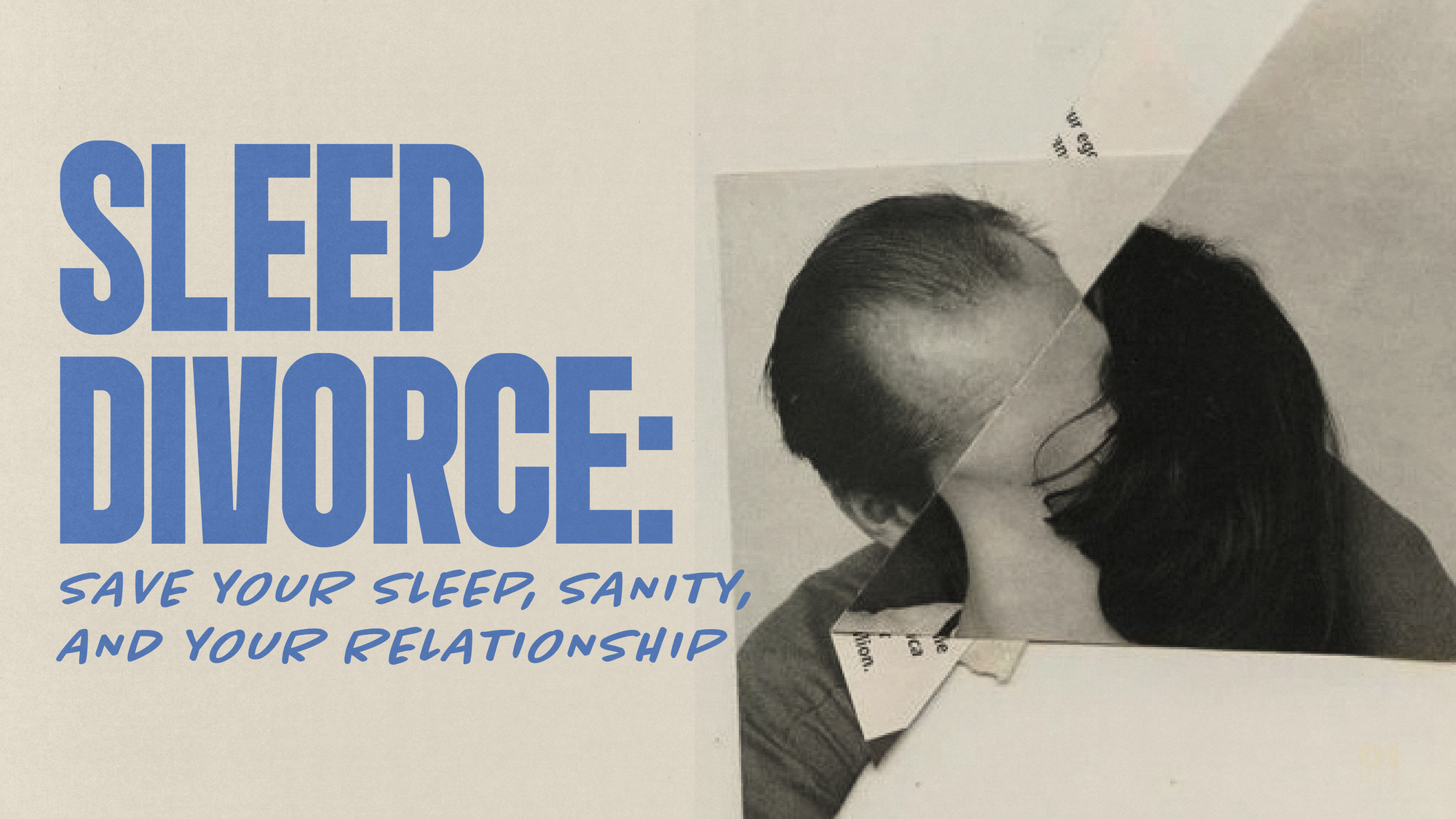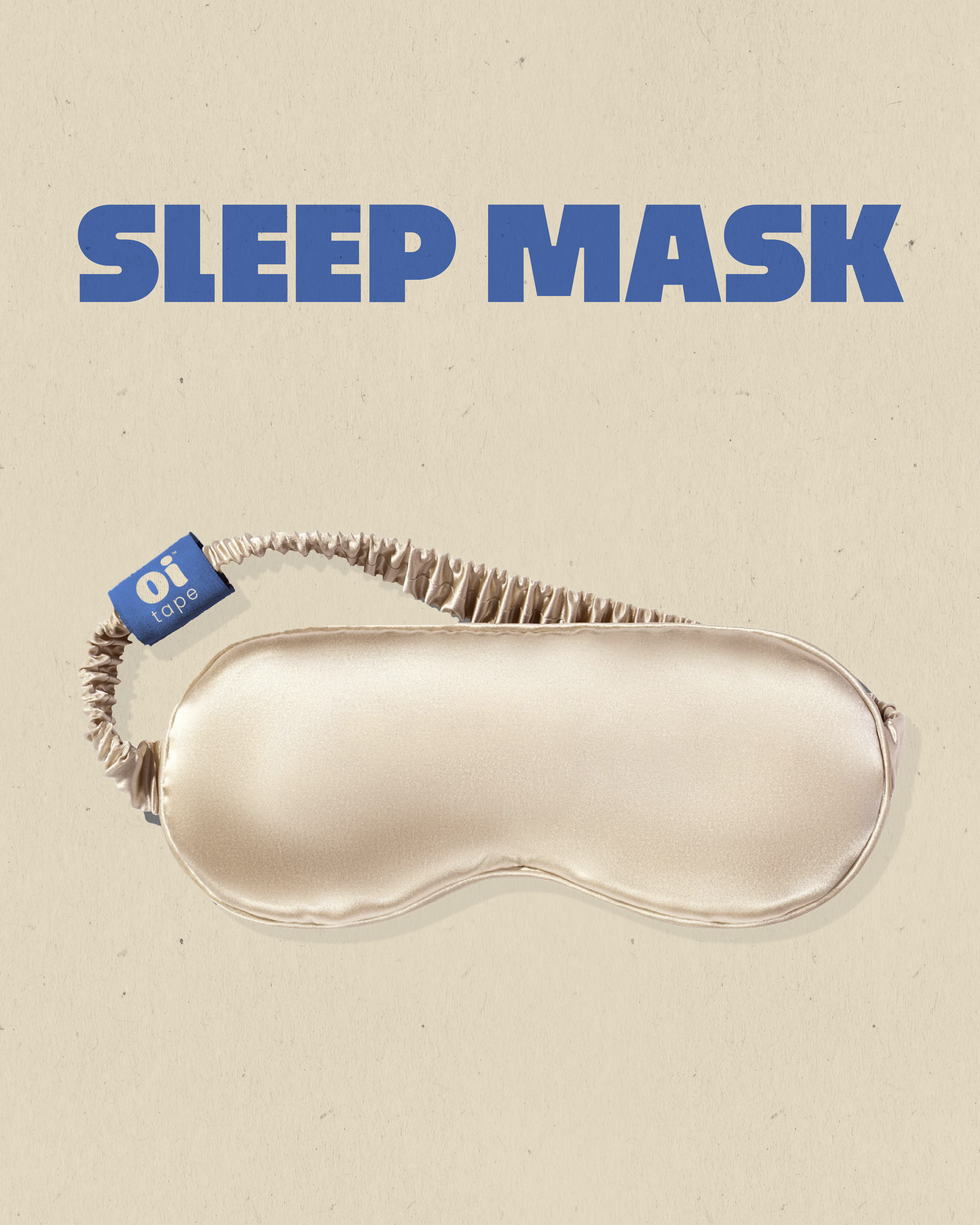

Sleep Divorce: Save your Seep, Sanity, and your Relationship
In search of a solid night's sleep, couples around the world are increasingly opting for a unique solution: sleep divorce.
No, it's not a legal separation; it's a trend where partners choose to sleep in separate beds or even separate rooms to improve the quality of their sleep and, consequently, their relationship.
Sleep divorce is a response to the common issue of sleep incompatibility.
Partners often have different sleep needs, preferences, and habits. One might be a night owl, while the other is an early bird. One could be a light sleeper, easily disturbed by the slightest movement, while the other might snore or toss and turn throughout the night. These differences can lead to sleep deprivation and increased stress, which can, in turn, affect the emotional and physical health of both individuals and the dynamics of their relationship.
Many couples who practice sleep divorce report that it has had a positive impact on their relationship. This can lead to more meaningful interactions and a stronger emotional connection during waking hours.
Some couples may find that separate beds or rooms are the answer, while others might benefit from adjustments such as different mattresses, white noise machines, or stricter sleep hygiene practices.
Ultimately, the goal of sleep divorce is not to create distance but to enhance the overall well-being of the relationship. By prioritizing sleep, couples can enjoy a more harmonious and loving partnership, proving that sometimes, the best way to stay together is to sleep apart.
Here are a few tips we suggest for improving your sleep with your partner:
- Have a discussion around the amount of space you need to sleep comfortably. Is there a cuddle window? Is the bed too small? Do you both feel you have enough spaciousness to let your body relax and sleep?
- Develop better breathing habits as a couple. The better you breathe, the deeper your sleep will be. Hence, why we always encourage mouth taping. Breathing through your nose is key for better oxygen absorption, deeper non-REM and REM sleep, and also helps reduce snoring.
- Lastly, make your bedroom a tech free zone. Leave the phones and tablets outside of your room to reduce as much blue light as possible. Don’t worry, you’ll still be able to hear your alarm if it’s right outside your door.





